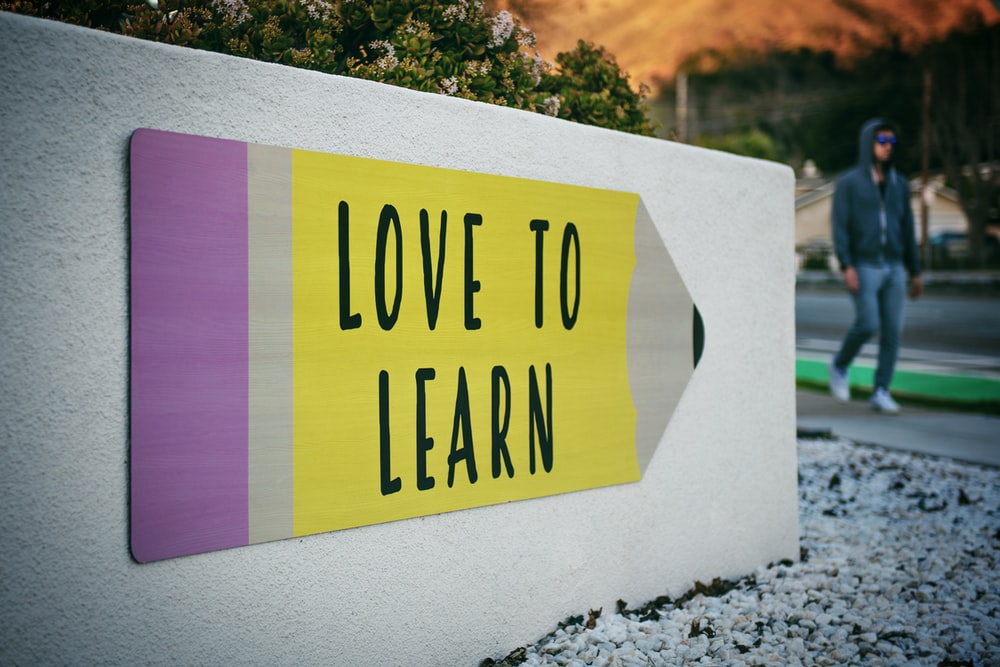Dyslexia is a learning disability that affects 3-7% of the population. It involves difficulty in identifying speech sounds, reading, and decoding different letter patterns. It’s also genetically derived, which means that parents can pass it on to their children. The disability affects areas of the brain that is responsible for processing language.

If an individual suffers from this disability, they can have great difficulty in school. Even though they have perfect vision and normal intelligence levels, the disability can have many emotional effects.
Understand Dyslexia more by visiting this informative article: https://www.understood.org/en/learning-thinking-differences/child-learning-disabilities/dyslexia/what-is-dyslexia
What Are the Signs and Symptoms?
It’s important for parents and teachers to be aware of the early signs of dyslexia. Even teens and adults can suffer from the learning disability. It’s not uncommon for older children to hide their disability or for it to go unnoticed by educators and parents.
Common symptoms before a child starts school include:
- Slow learning of new words and vocabulary
- Difficulty memorizing different colors, numbers, and alphabetical numbers
- Problems remembering and learning rhyming songs like nursery rhymes
- Starting to talk only at a later stage
Common symptoms in children who have started school include:
- Slow progress in reading abilities
- Performing below average or the expected level when reading
- Difficulty spelling and recognizing spelling patterns
- Difficulty processing oral texts
- Problems in comprehending audio texts
- Struggling to identify differences and similarities in words and letters
- Can’t memorize sequence of letters and phonetic sounds
- Taking extended periods of time to complete activities that involve writing and reading
- Avoiding reading and writing activities
- Showing signs of frustration and hopelessness when having to complete reading and writing activities
Common symptoms in teens and adults might include:
- Struggling to read out loud at an average pace
- Difficulties spelling and using basic spelling rules
- Problems in summarizing texts
- Slow reading and writing
- Avoiding activities that involves reading and writing
- Difficulty learning new vocabulary words when attempting to learn a foreign language
- Low self-esteem because the learner performs slower than his/her peers
- Trouble learning for exams and tests
- The mispronunciation of words
- Struggling to memorize higher intensity words
- Difficulty comprehending simple idioms or expressions
When you notice any signs of dyslexia in your child, or in a student, it’s important to take a free preliminary online test or visit a professional. Diagnosing the learning disability early on will help treat and manage it much better.
In order to understand the learning disability more, it’s important that you refer to different dyslexia resources. The internet is filled with testimonials and informative blogs that can help you and your child manage and cope with the learning disability.
 Where Can I Find Quality Resources?
Where Can I Find Quality Resources?
A great attitude to have towards dyslexia is to see it not as a disadvantage. If you look in the right places, you’ll be able to find resources that will help you cope with the learning disability.
You can refer to the following quality resources for further assistance and guidance:
Social Media: Sign up and follow groups on social media. It can be difficult to cope with a young child who has been diagnosed. The uncertainty and inexperience can frustrate parents. It’s important that you find a group of people who are going through the same situation as you.
Social media groups will be able to share stories from their own experiences and give advice on how to cope with a dyslexic child. People will share different activities that they’ve tried and tested that you can try at home too. Watch this to learn more about reading strategies for struggling readers.
Real People: There are many individuals who share their stories about coping with dyslexia in the modern world. Locate these people on YouTube, Instagram, or Dyslexia resource websites.
It’s best to learn from someone who use different strategies to cope with their learning disability, than trust someone who has no clue.
Resource Centers: There are many quality resource centers available online. The aim of these centers is to provide parents and educators with accurate information on the topic.
You can follow websites that have running programs to accurately diagnose dyslexia as well as help those with it. These pages are usually run by a group of informed experts that want to help those affected in a friendly and safe environment.
What Can I do As A Parent?
Parents and teachers play key roles in children’s development. Have knowledge of all learning disabilities and the early signs of it, in order to address it as soon as possible.
It’s important that parent address the problems as early as possible. Early diagnosis can help with the success of treatment methods. You can help your child by reading stories to them out loud and exposing them to recorded books and toys with letters on them.
Encourage story time throughout the day to naturally improve your child’s reading skills and interest in words. When your child is diagnosed before they enroll in school, it’s a good idea to work hand-in-hand with the teacher and check up on their progress.
Lastly, make sure that you set an example. If you read a lot and listen to audiobooks, your child will naturally follow in your footsteps.
By being informed and incorporating different activities found through quality resources, you will be able to support your child and allow them to cope much better.









